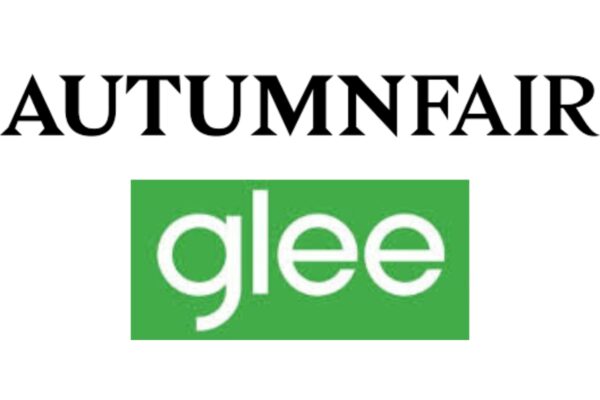 The UK retail industry is continuing to make faster progress in raising pay than the economy as a whole, according to the BRC’s analysis of the ONS Annual Survey of Hours and Earnings data. Average hourly pay in retail was up 4.6% in 2017, compared to 2.9% growth for the UK general economy. Retail is also closing the gender pay gap, which is lower in retail than for the UK economy as a whole and has fallen over the last year from 11% to 9.2%. However, the numbers of jobs and hours worked in the retail sector have dropped at the fastest annual rate for more than a decade.
The UK retail industry is continuing to make faster progress in raising pay than the economy as a whole, according to the BRC’s analysis of the ONS Annual Survey of Hours and Earnings data. Average hourly pay in retail was up 4.6% in 2017, compared to 2.9% growth for the UK general economy. Retail is also closing the gender pay gap, which is lower in retail than for the UK economy as a whole and has fallen over the last year from 11% to 9.2%. However, the numbers of jobs and hours worked in the retail sector have dropped at the fastest annual rate for more than a decade.
British consumers are expected to put Brexit uncertainty aside this Christmas and increase their spending over last year, a survey suggests. British families will spend an average of £821.25 on gifts, food and drink and decorations, up 1.3% on last year and 54% more than the European average of £532 (€612.90), according to figures from Voucher Codes and the Centre for Retail Research. Online spending is expected to be 11.8% up on last year, and is now the main driver of retail growth. However, these gains are expected to be increasingly at the expense of the high street, with sales in physical shops predicted to drop by 2.5% in the UK.
Shop prices decreased in October at the same annual rate as in September with 0.1% deflation the shallowest rate in the last four years, according to the BRC-Nielsen shop price index.
GfK’s long-running Consumer Confidence Index score “continues to bump along in negative territory”. It slipped by one point to -10 in October. Both measures for the general economic situation decreased, while the measure for the personal financial situation over the last 12 months and the major purchase index increased. Meanwhile, the UK’s small and medium-sized manufacturers saw optimism deteriorate for the first time in over a year, according to the latest CBI SME Trends Survey.
All 322 staff working at the new 120,000 sq ft John Lewis store in Oxford are reported to have received theatre training to boost their confidence as the retailer launches 22 different on-site services, including personal styling for men, technology training workshops, an express nail and beauty bar and guided tours.
The average household had £197 of discretionary income per week in September, down 94p on the same month last year, according to analysis by the Centre for Economics and Business Research for Asda.
Alan Monahan












